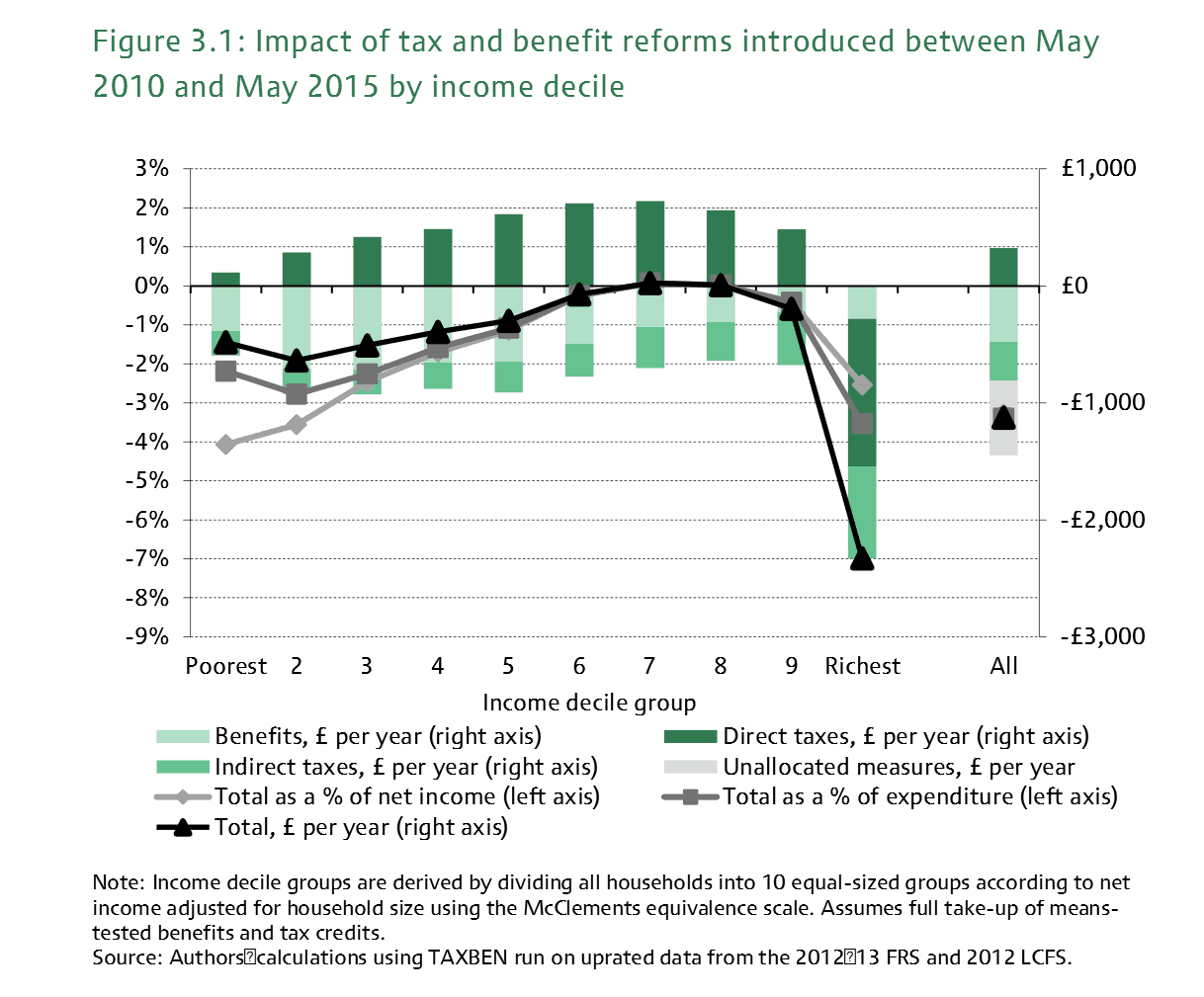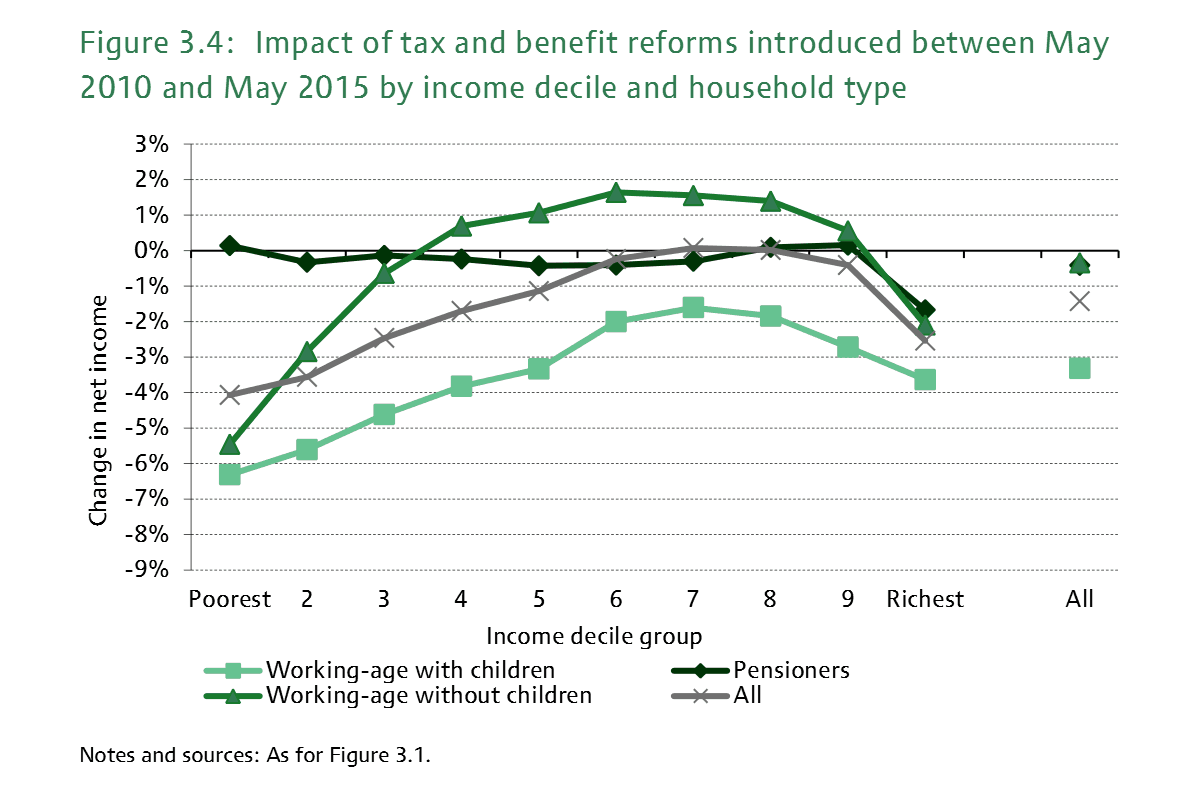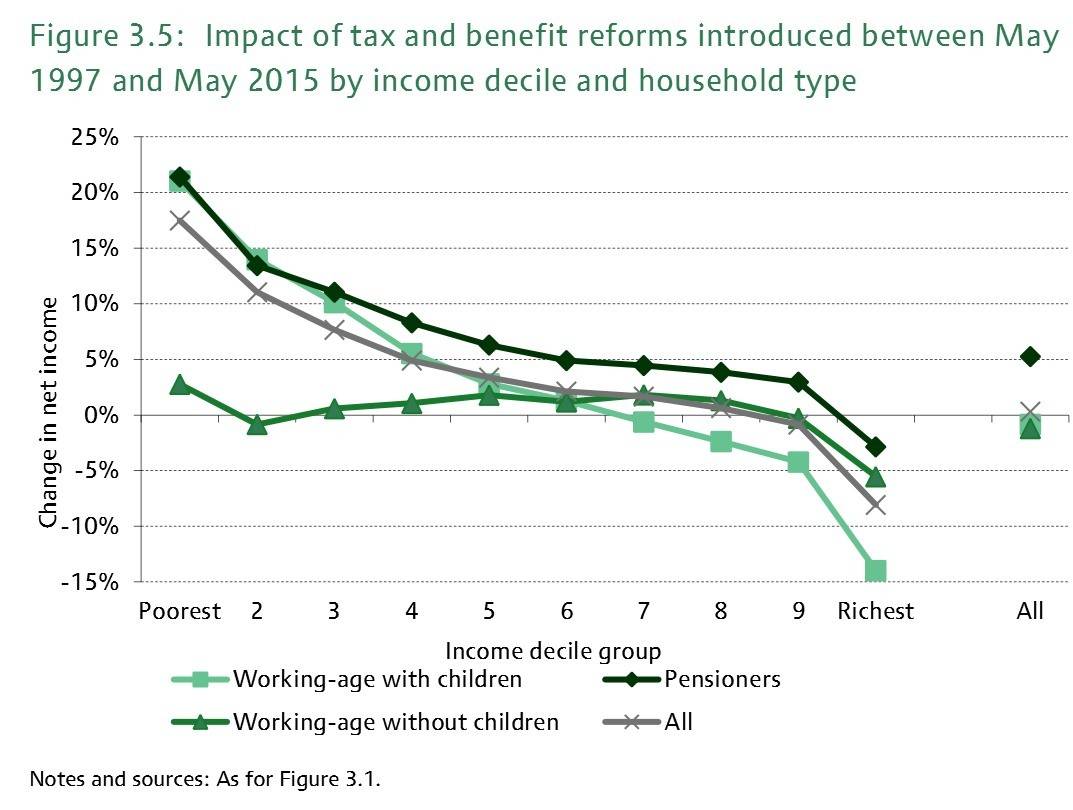 What is the point of Britain’s Liberal Democrats? Most Lib Dems would point to the party’s liberal values. And yet these are shared by members of other parties. The same can be said for the party’s attachment to the political centre. Others will talk of community politics – but it is plain that many modern Lib Dems, including its leader Nick Clegg, aren’t really interested in this political strategy beyond a few local campaigns. Many outside the party would simply suggest that there is no point to the Lib Dems. The party is destined to be just a footnote in British politics.
What is the point of Britain’s Liberal Democrats? Most Lib Dems would point to the party’s liberal values. And yet these are shared by members of other parties. The same can be said for the party’s attachment to the political centre. Others will talk of community politics – but it is plain that many modern Lib Dems, including its leader Nick Clegg, aren’t really interested in this political strategy beyond a few local campaigns. Many outside the party would simply suggest that there is no point to the Lib Dems. The party is destined to be just a footnote in British politics.
But attending the party’s Spring conference in Liverpool in the run up to May’s General Election, the penny at last dropped. The party is the grit in the oyster of British politics, from which great pearls are produced. It is a serious political party that aspires to govern, not just to protest and complain. It stops Britain’s two main parties, the Conservatives and Labour, from having that ground entirely to themselves. And so it can introduce new ideas to a debate that would otherwise be contrived and stale, confined to a few carefully selected issues, based on focus groups and private polling.
What has given me this insight? It is the party’s campaign on mental health. It is pure genius from a party that looked beaten and irrelevant. The party is demanding “parity of esteem” between mental and physical health, and is in the process of securing serious extra resources for mental health support. It is trying to persuade politicians and the public to talk about the issue more. It is an idea whose time has come.
Consider three things. First is that mental health has an important bearing on just about every aspect of public policy – starting with the NHS, but quickly moving on to crime, employment, social services and onwards – and even defence when we consider the state of veterans returning from active service. And yet almost nowhere is it being adequately addressed. It sums up the dysfunctional element of public service provision better than any other single problem. The failure to handle mental health properly causes untold misery and a huge waste of public resources.
Second: it touches people personally. Most of us will know of people who have had serious mental health problems – depression, anxiety, eating disorders, and so on. And increasingly we are aware that we ourselves are vulnerable, given the stresses of modern life. And people are readier and readier to talk about it.
And third: it’s hard. The reason why dealing with mental health is done so badly is because there are few quick fixes. it goes to the very heart of the centralised and functionalised way in which we organise our state (and much else), our tendency to standardise and dehumanise in the name of efficiency, and our reluctance to consider broader philosophical questions about how we manage ourselves. If politicians and the public now want to take the issue seriously, it is just the beginning of a long, long journey. And yet it is one that could transform the state and the way we live our lives. As an idea, it has huge potential.
This is not a particularly new idea for the Lib Dems. Mr Clegg claims to have brought the matter to Prime Ministers’ Questions very early in his leadership – to the bafflement of mainstream politicians. The policy initiative No Health Without Mental Health, which kicked matters off, came very early in the Coalition government, with Mr Clegg’s imprimatur clearly on it. But it is only recently that it has shot to serious prominence, promoted by the Lib Dem Care Minister, Norman Lamb. Mr Clegg has made it central to the party’s overall policy presentation, giving it a mjor place in his last two conference speeches.
The interesting thing about this is that there is nothing uniquely Lib Dem in the insight that mental health is central to public policy. The first prominent person to promote the idea was Richard Layard, the Labour peer and a close adviser to to Tony Blair. His efforts saw the promotion of talking therapies, like Cognitive Behavioural Therapy (CBT). Lord Layard’s journey is an interesting one. It started with the idea that the promotion of happiness and wellbeing should be the primary aim of public policy, in place of monetary income – he is an economist. Now promotion of mental health is his big idea. This is a journey that I too have followed. But Labour were unwilling to take on the wider policy implications. It is all very well rolling out yet another highly centralised initiative on CBT, but rethinking mental health education and provision from top to bottom would challenge too many vested interests. It wasn’t an issue that the public were bringing up in the polls and focus groups, after all.
For the Conservatives, David Cameron took the first steps on the journey, by taking on the idea of wellbeing as a direct policy goal, But he hasn’t followed the idea through. But, it must of course be recognised, he and his Tory colleagues could see enough merit in the idea to allow the Lib Dems to run with it in coalition. That is part of its genius. Its implications may be radical, but everybody can agree that something needs to be done.
Nick Clegg deserves enormous credit for promoting mental health. While the right obsesses about Europe, sovereignty and human rights, and the left with the demon of neoliberalism and the failures of capitalism, the Lib Dems have found an issue that is concrete, and yet whose implications are profound. It moves us on from the stale old debates.This is disruptive political innovation at its best – something that a mainstream third party is well-placed to do.
Whether or not it helps improve the party’s fortunes in a difficult General Election, it has given the party a meaningful mission in British politics. A political pearl indeed.








